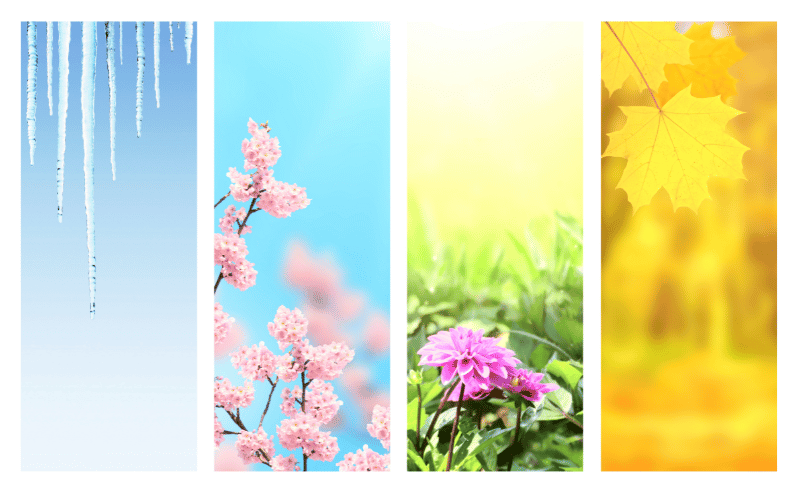Fact 9: The Seasons of Snoring: How Weather Affects Your Zzz’s

Surprisingly, your snoring habits may change with the seasons. It sounds a bit odd, but there’s a science behind it. Weather and snoring—two things you probably never thought were related—actually have a fascinating connection. So let’s dive into this topic, shall we?
In the winter, the air tends to be drier, both outside and indoors due to heating systems. Dry air can dry out your throat and nasal passages, creating a more “sticky” environment for air to move through. The result? Increased friction and, you guessed it, louder snoring.
Contrastingly, humid summer nights might offer a different narrative. Humid air can cause tissues in the throat to swell, narrowing the airway. While it’s not the same dry, raspy snore of winter, the humid-weather snore is still a force to be reckoned with. It’s a softer, but still disruptive, hum.
Now let’s talk about allergies. Spring, a season known for its floral beauty, can also be the season of sleepless nights. Pollen can irritate your airways, leading to congestion. When your nose gets blocked, you’re more likely to breathe through your mouth, setting the stage for—you guessed it—snoring. (9)